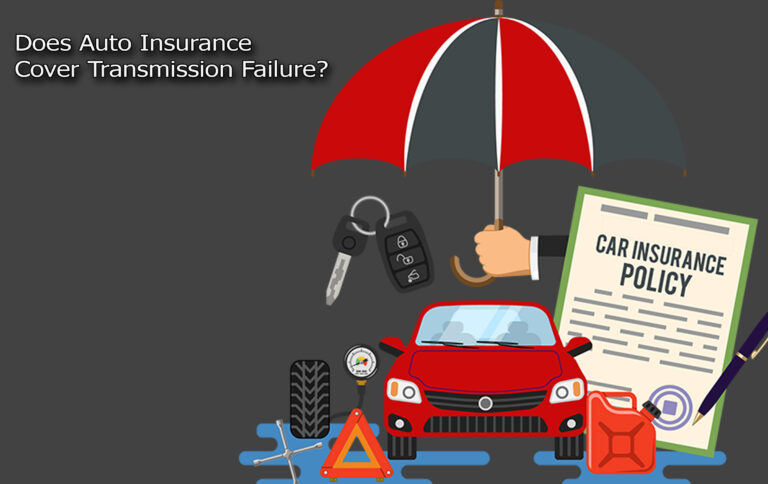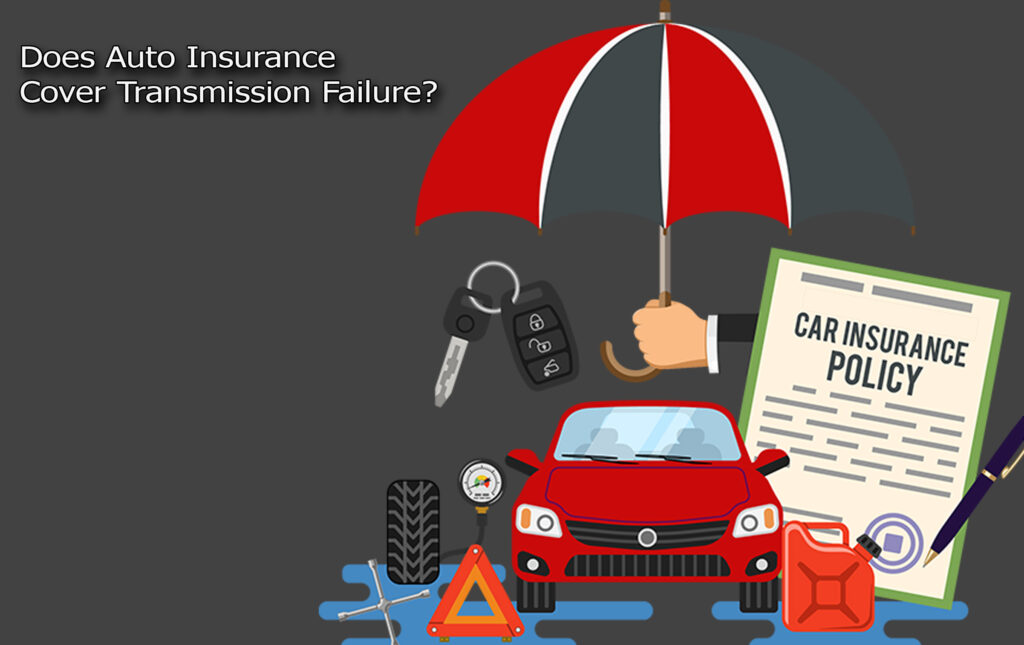Does travel insurance cover airfare? Whether you’re traveling for leisure, business, or emergencies, doing so with airfare can actually be one of the most significant.

Unexpected changes in plans due to illness, weather conditions. Or other emergencies can lead to expensive losses if flights have to be canceled or rescheduled.
This is where travel insurance steps in to protect travelers from the financial fallout of unforeseen events. Also, one of the most common questions people ask when considering a travel insurance policy is whether or not it covers airfare.
While it is not a simple yes or no answer, you can be properly informed on the status. Since it depends on the type of travel insurance policy you purchase and the specific terms outlined within it.
What Is Travel Insurance?
Travel insurance is a type of policy designed to reimburse or assist travelers in the event of trip-related problems. They include; cancellations, delays, medical emergencies, lost luggage, or other interruptions.
What Does It Usually Cover?
Most travel insurance policies come in comprehensive packages that bundle different types of protection together. Some of the typical inclusions you find in travel insurance include:
- Emergency Evacuation: This pays for transportation to the nearest suitable medical facility during emergencies.
- Travel Delay and Missed Connections: This one compensates for additional expenses if flights are delayed or connections are missed.
- Baggage Loss or Delay: Provides reimbursement if your bags are delayed, damaged, or stolen.
- Medical Emergencies Abroad: Offers financial assistance for healthcare costs incurred during travel.
- Trip Cancellation and Interruption: Covers pre-paid travel expenses, including airfare, if you cancel or cut your trip short due to covered reasons like illness, family emergency, or severe weather.
Now, while airfare is not automatically covered in every scenario. There are still certain conditions under the “trip cancellation” or “trip interruption” clauses tht may allow for reimbursement.
How Travel Insurance Covers Airfare
Not all travel insurance policies treat airfare the same way. And the extent of coverage often depends on the type of airfare purchased, when the insurance policy was bought, and the specific cause of the disruption. Here are the ways travel insurance may cover airfare:
- Trip Cancellation Coverage: If you need to cancel your flight for a covered reason like a sudden illness, injury, jury duty, natural disaster at your destination. You may be reimbursed for non-refundable airfare costs. This only applies if the insurance was purchased before the event occurred.
- Flight Delay or Missed Connection: If your flight is delayed beyond a certain number of hours due to weather or airline-related issues, your travel insurance might cover the cost of rebooking another flight or accommodations while you wait.
- Trip Interruption Coverage: If your trip is cut short due to emergencies (e.g., family death, medical emergency), your policy may reimburse the unused portion of your airfare or the cost of a last-minute return flight.
- Airline Bankruptcy: Some travel insurance plans offer reimbursement if your airline goes bankrupt before your trip and you’re unable to fly. However, this is less common and must be specifically included in the policy.
Limitations and Exclusions
Even when airfare is included in your policy, there are still certain conditions that can disqualify you from receiving a reimbursement. Here are the common exclusions you must know of to avoid pure frustration:
- Changing Your Mind: Unless you have CFAR, canceling because you no longer want to travel is not a covered reason.
- Pre-Existing Conditions: If your cancellation is because of a pre-existing medical condition not covered by your policy, then reimbursement might be denied.
- Flight Cancellations by Airline: If the airline cancels the flight, you should receive a refund or voucher directly from the airline, not through insurance.
- Late Purchase of Policy: If the insurance is bought after a major event (e.g., storm, illness), the trip cancellation may not be covered.
In conclusion, you must know these and always read the fine print and understand what qualifies as a covered reason before assuming your airfare is protected.
Frequently Asked Questions
What Type Of Airfare Is Usually Covered By Travel Insurance?
Non-refundable, pre-paid airfare is typically covered. Refundable tickets may not be reimbursed, since you can already get your money back from the airline.
Is Airfare Covered If I Miss My Flight?
If you missed your flight due to a covered delay like a traffic accident or another flight delay. Some policies will reimburse rebooking fees or new tickets.
Does Travel Insurance Refund The Cost Of Airfare If I Cancel My Trip?
Yes, but only if you cancel for a covered reason such as illness, injury, or severe weather. What’s more, your policy must include trip cancellation benefits.















